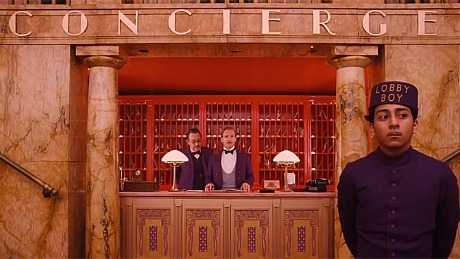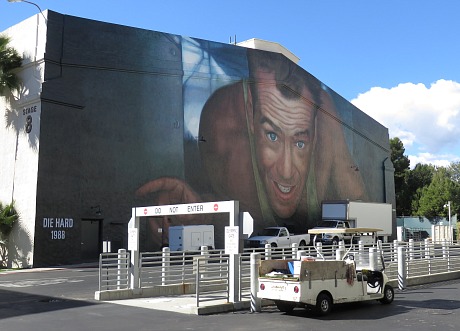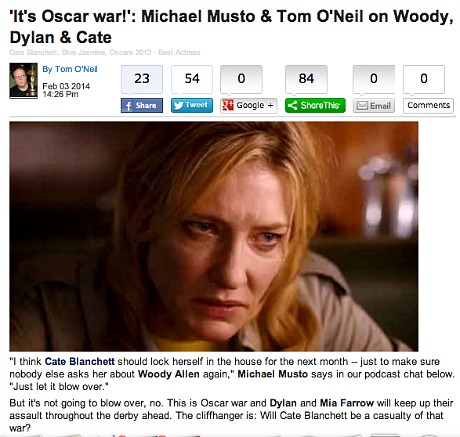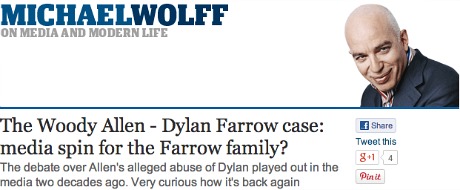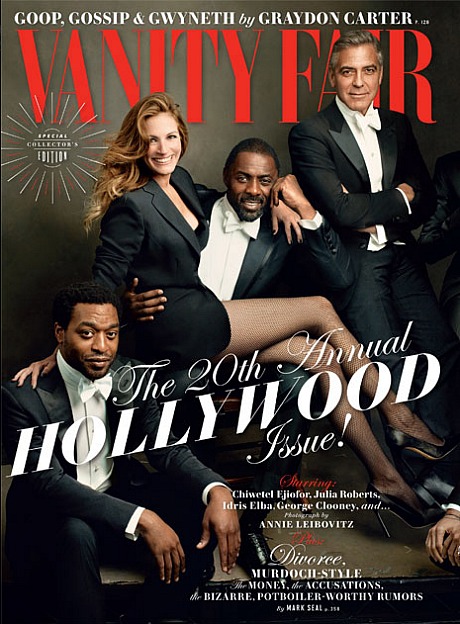“Now that [Phillip Seymour Hoffman] is gone, much has been said about his failure, about his fall,” writes N.Y. Times columnist David Carr in a recent post. “I don’t really see it that way. He got in the ring with his addiction and battled it for two decades successfully, doing amazing film work for years and doing the hard stuff to keep ambitious theater alive in in New York.
“And then something changed and he used. Everyone is surprised when that happens to someone famous, but it happens routinely everywhere else. Rooms of recovery are full of stories of people with long-term recovery who went back out and some of them, as a matter of mathematics and pharmacology, don’t make it back.
“I have no certainty about what went wrong, but I can tell you from personal experience that what happened was not the plan. I have been alone in that room with my addled thoughts, the drugs, and the needle. Addicts in the grip always have a plan. I will do this, get this out of the way, and then I will resume life among the living, the place where family, friends and colleagues live. He didn’t make it back to that place.”

